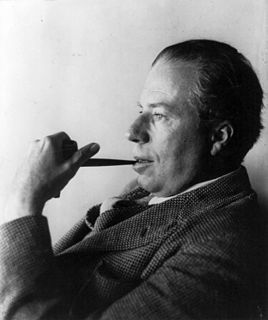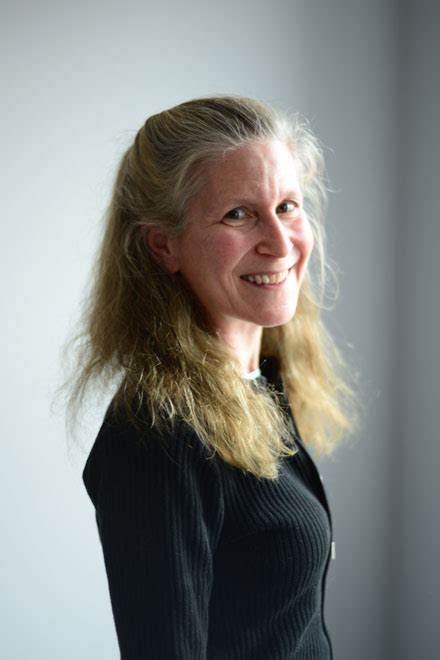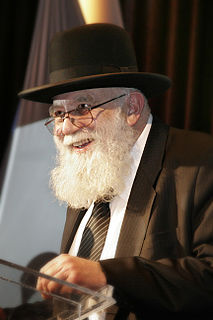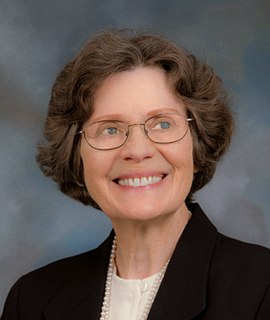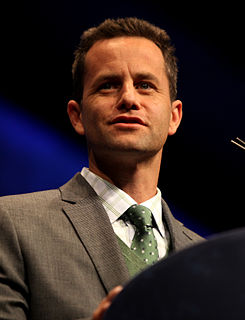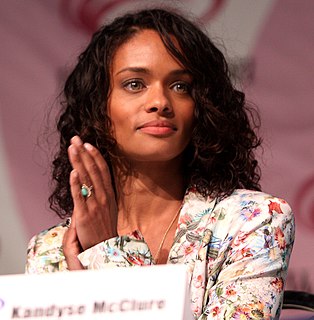A Quote by Christopher Morley
Continually one faces the horrible matter of making decisions. The solution is, as far as possible, to avoid conscious rational decisions and choices; simply to do what you find yourself doing; to float in the great current of life with as little friction as possible; to allow things to settle themselves, as indeed they do with the most infallible certainty.
Related Quotes
In order to align your life choices with your values, you will need to inquire about the effects of your actions (and inactions) on yourself and others. Although we are always stumbling upon new knowledge that shifts our choices and life direction, bringing conscious inquiry to life means that we continually ask questions that lead us to the information we need to make thoughtful decisions. Asking questions is liberating because we develop great understanding and discover more choices with our new knowledge
In life, everybody faces choices between doing what's popular, easy, and wrong vs. doing what's lonely, difficult, and right. These decisions intensify when you run a company, because the consequences get magnified 1,000 fold. As in life, the excuses for CEOs making the wrong choice are always plentiful.
If we decide rightly what to do, or use a correct procedure for making such decisions, that has to be because the decisions or the procedure rest on good reasons, and these reasons consist in the apprehension of truths about what we ought to do. Because these truths must constitute reasons for our decisions, and because in the rational order, reasons must always precede the decisions based on them, the truth conditions of claims about what we ought to cannot be reduced to, or constructed out of, decisions about what to do, or procedures for making such decisions.
It is my goal to love everyone. I hate no one. Regardless of their race, religion, their proclivities, the desire of their heart and how they want to live their life and the decisions that they make. I can even respect people's decisions and lifestyle choices just as I hope they have the courtesy to respect my decisions and my choices.
We’ve lost something vital, I tell you. When we lost it, we lost the ability to make good decisions. We fall upon decisions these days the way we fall upon an enemy—or wait and wait, which is a form of giving up, and we allow the decisions of others to move us. Have we forgotten that we were the ones who set this current flowing?
In this life we have to make many choices. Some are very important choices. Some are not. Many of our choices are between good and evil. The choices we make, however, determine to a large extent our happiness or our unhappiness, because we have to live with the consequences of our choices. Making perfect choices all of the time is not possible. It just doesn't happen. But it is possible to make good choices we can live with and grow from.
In addition to self-awareness, imagination and conscience, it is the fourth human endowment - independent will - that really makes effective self-management possible. It is the ability to make decisions and choices and to act in accordance with them. It is the ability to act rather than to be acted upon, to proactively carry out the program we have developed through the other three endowments. Empowerment comes from learning how to use this great endowment in the decisions we make every day.
